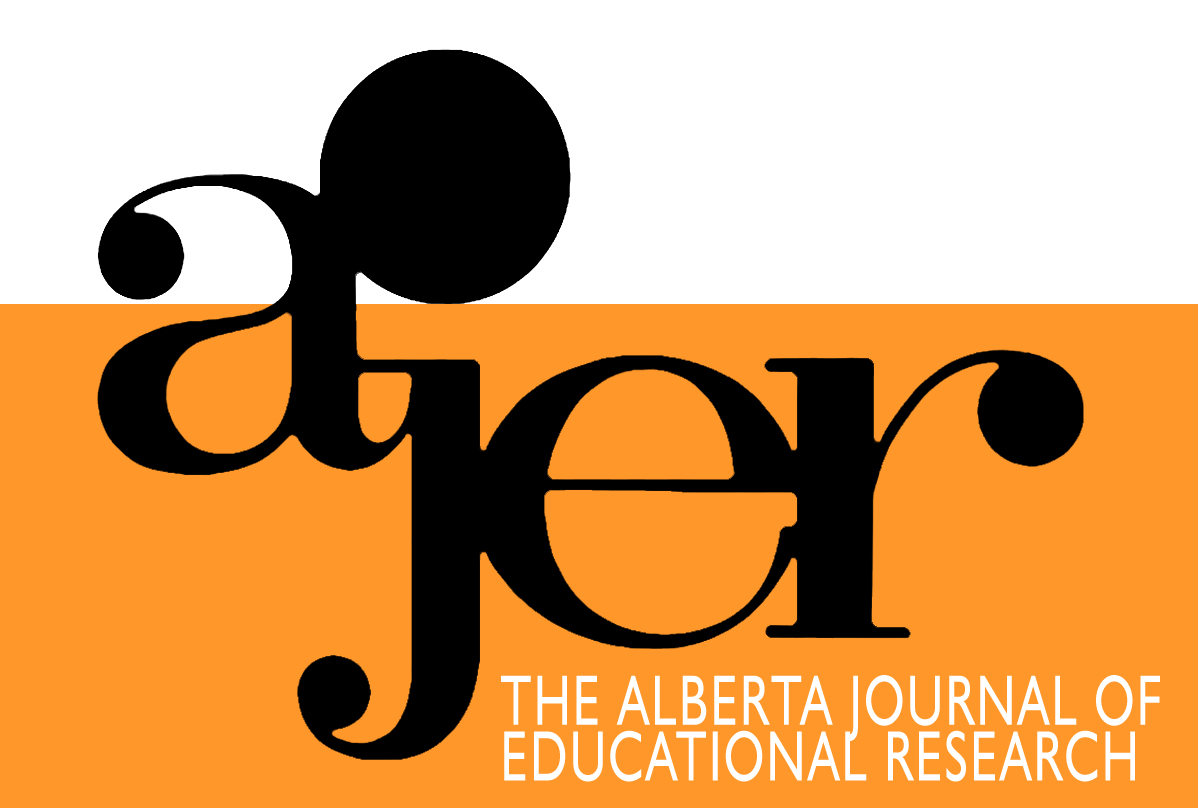Boys are Like Puppies, Girls Aim to Please: How Teachers’ Gender Stereotypes may Influence Student Placement Decisions and Classroom Teaching
DOI:
https://doi.org/10.55016/ojs/ajer.v60i1.55729Keywords:
Teacher Education, Stereotypes, Assessment, Gender, AttributionAbstract
Since teachers’ decisions and behaviour potentially influence learners’ future academic and occupational status, it is imperative that these decisions be unbiased. In the study reported here, 21 teachers were invited to place 24 fictional student record cards into regular, advanced, or supplementary learning assistance classes. Study findings revealed that teachers’ perceptions of the differences between male and female learners were clearly defined and, on some occasions, did influence teachers’ decisions regarding at which achievement level to place student record cards. Findings, as well as the research method employed, may provide teacher educators with useful tools for sensitizing teachers to the implications of their beliefs and biases as well as encouraging awareness toward specific instances of gender stereotyping in the classroom.
Puisque le comportement des enseignants et les décisions qu’ils prennent ont le potentiel d’influencer le statut professionnel et académique de leurs élèves, il est crucial que les décisions soient impartiales. Pour cette étude, on a demandé à 21 enseignants de classer 24 élèves fictifs dans des classes régulières, avancées ou avec assistance supplémentaire. Les résultats ont révélé que les perceptions des enseignants relatives aux différences entre les filles et les garçons sont bien définies et qu’à certaines occasions, celles-ci ont influencé leur classement des élèves selon le niveau de rendement. Ces résultats, ainsi que la méthodologie de recherche, pourraient constituer des outils utiles dans la sensibilisation des enseignants quant aux retombées de leurs croyances et leurs préjugés. Ils pourraient aussi favoriser une prise de conscience par rapport à des stéréotypes particuliers liés au genre que l’on retrouve en salle de classe.
Downloads
Published
Issue
Section
License
UNIVERSITY OF ALBERTA COPYRIGHT LICENSE AND PUBLICATION AGREEMENT
If accepted, authors will be asked to sign a copyright agreement with the following points:
A. Where there is any inconsistency between this Copyright License and Publication Agreement and any other document or agreement in relation to the same subject matter, the terms of this Agreement shall govern.
B. This document sets out the rights you are granting in relation to publication of your article, book review, or research note entitled (the “Article”) through inclusion in the academic journal titled Alberta Journal of Educational Research (the “Journal”) published through the Faculty of Education, representing the Governors of the University of Alberta (the “Journal Editor”).
C. There will be no payment to you for this publication and grant of rights. In consideration of the agreement to publish the Article in the Journal:
1. You are warranting that:
- the content of the Article is your original work, and its content does not contain any material infringing the copyright of others; or, where the Article is not entirely your original work, you have obtained all necessary permissions in writing to grant the rights you are giving in this agreement;
- the content of the Article does not contain any material that is defamatory of, or violates the privacy rights of, or discloses the confidential information of, any other person;
- the Article has not been published elsewhere in whole or in part, and you will not allow publication of the Article elsewhere without the consent of the Journal Editor;
- the names of all co-authors and contributors to the Article are:
2. You agree to license the copyright in the Article to the Journal Editor, on a worldwide, perpetual, royalty free basis; and to the extent required by the terms of this agreement. You shall retain the right at all times to be acknowledged as the/an author of the Article.
3. You further agree that the Journal Editor has the entitlement to deal with the Article as the Journal Editor sees fit, and including in the following manner;
- The right to print, publish, market, communicate and distribute the Article and the Journal, in this and any subsequent editions, in all media (including electronic media), in all languages, and in all territories, ing the full term of copyright, and including any form of the Article separated from the Journal, such as in a database, abstract, offprint, translation or otherwise, and to authorize third parties to do so;
- The right to register copyright of the Journal;
- The right to edit the Article, to conform to editorial policy as the Journal Editor sees fit.
4. If any co-author or contributor to the Article does not sign this agreement, the Journal Editor reserves the right to refuse to publish the Article.



